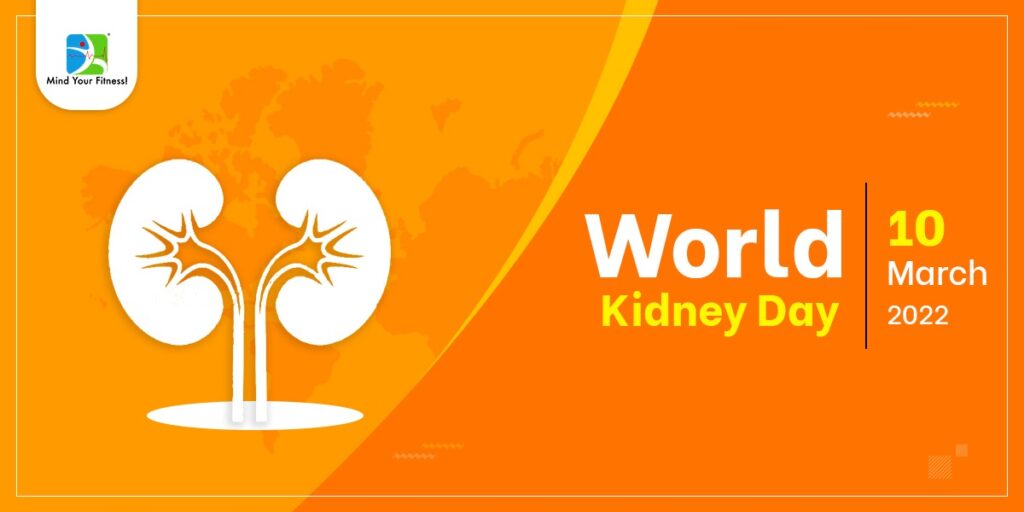
Kidney stone disease (nephrolithiasis) is extremely common, causing substantial pain and a large economic cost. It can cause post-renal acute kidney injury (AKI) via obstruction of urinary outflow, often associated with rapid deterioration in kidney function.
Dietary risk factors
- Several dietary factors can increase risk of the stone formation, eg sodium, purines, alcohol, calcium.
- These constituents can be modified depending on the types of different stone risks.
- Foods that produce acid-ash after being metabolized in the body can affect the lowering of urinary pH whereas alkaline-ash foods can increase urinary pH. The specific diets are based on urine pH.
What kind of diet plan is recommended to prevent stones?
- Calcium Oxalate Stones: most common stones
- Oxalate is naturally found in many foods, including fruits and vegetables, nuts and seeds, grains, legumes, and even chocolate and tea. Some examples of foods that have high levels of oxalate include peanuts, rhubarb, spinach, beets, Swiss chard, chocolate and sweet potatoes. Limiting intake of these foods may be beneficial for people who form calcium oxalate stones which are the leading type of kidney stone.
- Eat and drink calcium foods such as milk, yogurt, and some cheese and oxalate-rich foods together during a meal. The oxalate and calcium from the foods are more likely to bind to one another in the stomach and intestines before entering the kidneys. This will make it less likely that kidney stones will form.
- Calcium is not the enemy but it tends to get a bad rap! This is most likely due to its name and misunderstanding that calcium is the main cause in calcium-oxalate stones. A diet low in calcium actually increases your chances of developing kidney stones.
- Don’t reduce the calcium in your diet. Work to cut back on the sodium in your diet and to pair calcium-rich foods with oxalate-rich foods. The recommended calcium intake to prevent calcium stones is 1000-1200 mg per day.
- Extra sodium causes you to lose more calcium in your urine. Sodium and calcium share the same transport in the kidney so if you eat high sodium foods it will increase calcium leakage in the urine. Therefore, a high sodium diet can increase your chances for developing another stone. There are many sources of “hidden” sodium such as canned or commercially processed foods as well as restaurant-prepared and fast foods.
- You can lower your sodium intake by choosing fresh low sodium foods which can help to lower calcium leakage in the urine and will also help with blood pressure control if you have high blood pressure.
- Uric acid stones: another common stone
Uric acid production is more dependent on internal/enzymatic (endogenous) production or genetic factors than dietary intake. Certain medications like antihypertensives and cancer therapy can also increase levels.
- Red meat, organ meats, and shellfish have high amounts of a natural chemical compound known as purines.
- High purine intake leads to a higher production of uric acid and a larger acid load for the kidneys to excrete.
- Higher uric acid excretion leads to more acidic urine.
- The high acid concentration of the urine makes it easier for uric acid stones to form.
- To prevent uric acid stones, cut down on high-purine foods such as red meat, organ meats, beer/alcoholic beverages, meat-based gravies, sardines, anchovies and shellfish.
- Limit fructose from fruits as it can increase uric acid production.
- Limit alcohol because it can increase uric acid levels in the blood and avoid short term diets for the same reason.
Can you take a vitamin or mineral supplement?
- The B vitamins which include thiamine, riboflavin, niacin, B6 and B12 have not been shown to be harmful to people with kidney stones.
- In fact, some studies have shown that B6 may actually help people with high urine oxalate.
- However, it is best to check with your healthcare professional or dietitian for advice on the use of vitamin C, vitamin D, fish liver oils or other mineral supplements containing calcium since some supplements can increase the chances of stone formation in some individuals.
Diet Recommendations for Kidney Stones
General Recommendations
- Drink plenty of fluid: urine should be pale yellow
- This includes any type of fluid such as plain water and lemon water which have been shown to have a beneficial effect with the exception of colas.
- This will help produce less concentrated urine and ensure a good urine volume.
- Limit foods with high oxalate content
- Spinach, many berries, chocolate, wheat bran, nuts, beets, tea and rhubarb should be eliminated from your diet intake
- Eat enough dietary calcium
- Three servings of dairy per day will help lower the risk of calcium stone formation. Eat with meals.
- Avoid extra calcium supplements
- Calcium supplements should be individualized by your physician and registered kidney dietitian
- Avoid high salt intake
- High sodium intake increases calcium in the urine which increases the chances of developing stones
- Low salt diet is also important to control blood pressure.
- Avoid high doses of vitamin C supplements
- Excess amounts of 2000mg/day or more may produce more oxalate in the body.
~ Shweta Bhatia, Registered Dietitian, Mind Your fitness!





